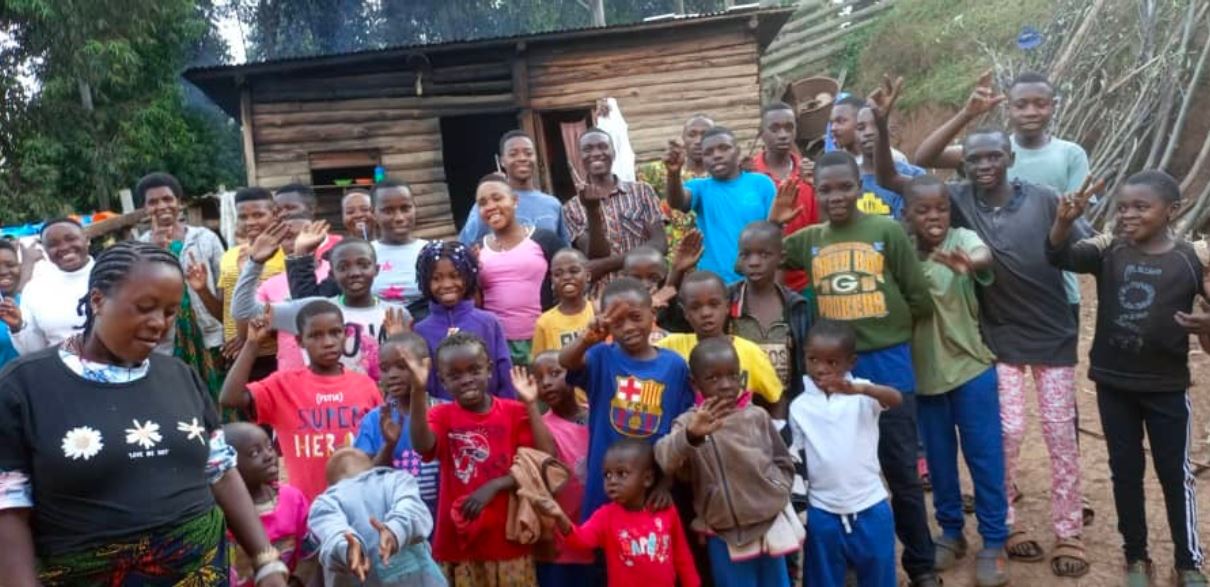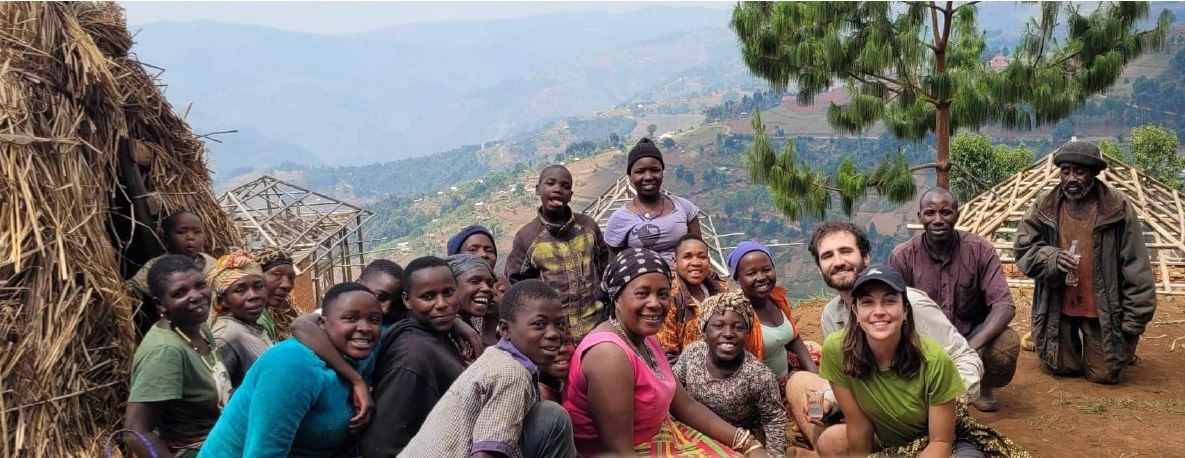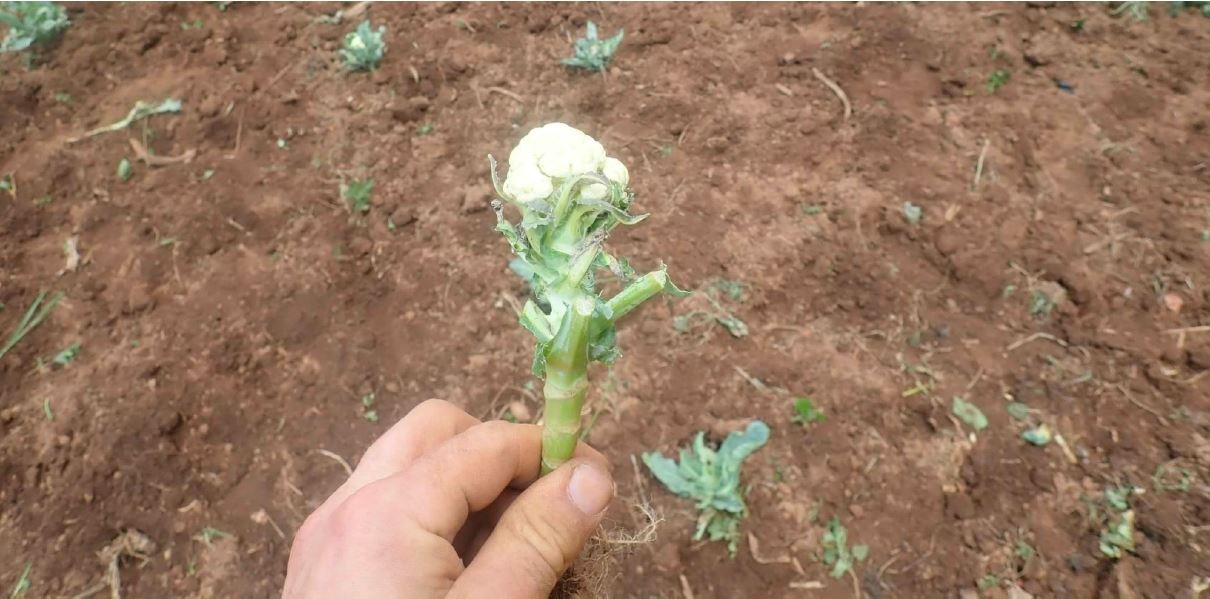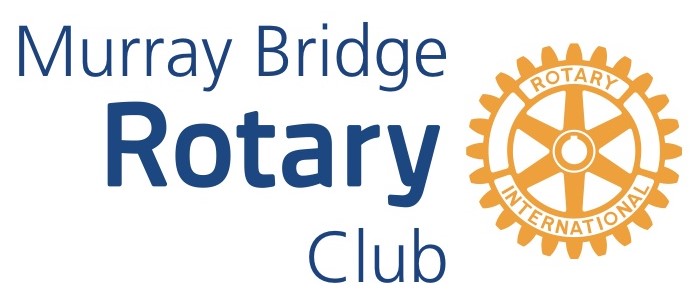Ugandan Orphanage

Dear Rotary,
Last year I spent time in Ruhija, South-West Uganda. There I met a woman called Happy, who is Vice-Chairwoman of the local community and Director of an Orphanage School, which provides food and accommodation for all its students. I also spent time with the Batwa people, who live on the outskirts of Ruhija after being forcibly removed from the nearby forest when it was turned into a national park 30 or so years ago. For my birthday this year (today), I am doing a fundraiser for the orphanage and the Batwa people. Having communicated with Happy, the funds for the orphanage would go towards school supplies, food, clothes, and mattresses. When there I was struck that 3 kids needed to share the same bed, on hard metal frames with mattresses that were almost completely fallen apart. We shared lunch together, and the 30 or 40 children shared between them what would be lunch for one or two people in Australia. I have never met children so eager to learn, but quality food and sleep are important for learning so helping with this would help the children’s education.
Last year I spent time in Ruhija, South-West Uganda. There I met a woman called Happy, who is Vice-Chairwoman of the local community and Director of an Orphanage School, which provides food and accommodation for all its students. I also spent time with the Batwa people, who live on the outskirts of Ruhija after being forcibly removed from the nearby forest when it was turned into a national park 30 or so years ago. For my birthday this year (today), I am doing a fundraiser for the orphanage and the Batwa people. Having communicated with Happy, the funds for the orphanage would go towards school supplies, food, clothes, and mattresses. When there I was struck that 3 kids needed to share the same bed, on hard metal frames with mattresses that were almost completely fallen apart. We shared lunch together, and the 30 or 40 children shared between them what would be lunch for one or two people in Australia. I have never met children so eager to learn, but quality food and sleep are important for learning so helping with this would help the children’s education.
For the Batwa, funds are needed to support farming to provide enough food for the tribe. They one day hope to produce enough food to be able to sell some to fund their other necessities. I was invited to farm with them, and was shown the cauliflower they tried to grow. The photo attached is the final product at the end of the growing season, which shows how badly agricultural support is needed. Currently, the diet is mainly different types of potato which clearly isn’t adequate. The Batwa were incredibly welcoming and eager to share their story of how they lived in the forest, completely separated from outside civilization. They lived alongside gorillas and saw them as brothers and sisters. They loved to dance and sing and celebrate in this way after meals and showed me how to do their traditional dance. When forced from the forest (with force), they were not given any land or resources, and being hunter-gatherers, had no knowledge of how to acquire food or join village life. All of their traditional medicine also came from the forest, which they aren’t allowed to access anymore. They still live in straw huts. Since they were so different in what they wore, the language they spoke, and the life they lived, they were not welcomed into the village and still have to fend for themselves. I donated to the orphanage and the Batwa while in Uganda, and I am again for my birthday. I have stayed in touch with Happy and can vouch for her and the work she does. If you choose to donate, you can choose whether you want to fund the children of the orphanage, the Batwa, or some combination of the two. I will collect the funds personally, then transfer them to Happy. This is because there is an international transfer fee and doing it this way will mean that fee only needs to be paid once. If you have any questions, please reach out and I can do my best to answer them or relay them to Happy if I can’t. Any contribution will go a long way in terms of both meeting real needs and showing solidarity and support, which are both equally appreciated. As a reference, the average income in the area is less than $300/ year. This meets the threshold for ultra-poverty, which is a 2.5 lower threshold than extreme poverty (roughly $700 year).


